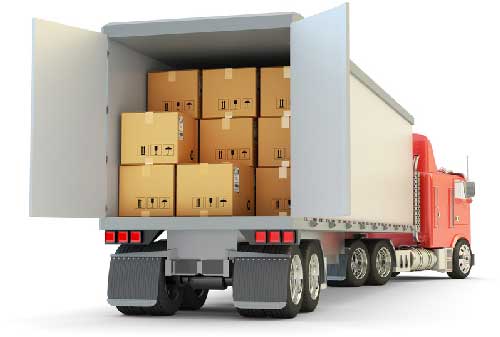Cargo Expedition: Driving International Trade and Logistics
Cargo Expedition: Driving International Trade and Logistics
Blog Article
Cargo transport is an essential element of the global supply chain and logistics industry. It involves transporting products over vast distances mostly via air, sea or on land. It is the process of ensuring that goods arrive at their destination effectively and in safety. As the growth rate of e-commerce and global trade and the need for effective cargo expedition services has surged. From raw materials to final products, cargo has a pivotal role in driving the global economy as well as connecting businesses and consumers around all over the world. The development of cargo trips, supported by technological advancements and strategic infrastructure has significantly reshaped how products are shipped, making it possible to respond to the increasing demands of global markets.
The flexibility of cargo trips comes from their ability to adjust to different methods of transportation to suit specific transport requirements. Air freight provides unparalleled speed and is highly recommended for valuable or time-sensitive shipments like medical equipment and electronics. Ocean freight has the upper hand on the scale of quantity as it allows the movement of large quantities of commodities like crude oil, agricultural items such as cars and agricultural products. Land transportation, comprising railway networks and trucks connects ports and airports to their destinations of final delivery, providing efficient logistics solutions. The integration of these transport methods into multimodal systems enables cargo transports to achieve the perfect balance between effectiveness as well as cost and delivery timelines, making them indispensable to all businesses.
The logistics of cargo voyages demand meticulous planning and coordination of various players which include freight forwarders shipping companies, customs brokers as well as the final buyers. There are a myriad of aspects to consider including routes, timings of transportation, possible delays and regulations regarding customs that all impact the cost overall and efficiency of the shipment. For instance, customs procedures play a significant role in international shipping, as items must pass through customs procedures prior to getting into or out of a nation. Untrue documentation or failing to comply with regulations could cause delays, increasing expenses and making the process. A successful cargo management process, thus, demands a high level of coordination and experience to manage these challenges and make sure that deliveries are on time.
Sustainability has emerged as an essential aspect in the Cargo Expedition sector, as environmental concerns and regulatory pressures force companies to implement greener strategies. Moving towards more energy efficient transportation techniques, like electric vehicles and ships with low emissions are a reflection of the commitment to reduce carbon emissions of logistics operations. Solutions for sustainable packaging as well as waste reduction programs as well as eco-friendly warehouses are growing in popularity among business leaders. Governments and international organizations are playing a role in incentivizing sustainable practices through taxes, grants and stricter emissions standards. In focusing on sustainability and cargo operations, they are aligned with international efforts to fight climate change while meeting the needs of the environmentally-conscious consumer. To gather new information please go to Muat
Human factors remain the core of any cargo trip and logistics experts work tirelessly to ensure seamless processes. These professionals manage intricate supply chains, manage international trade regulations as well as handle customs clearances, to ensure that the goods flow smoothly from point A to point B. Their ability to collaborate across languages, nations and times zones is vital for overcoming issues such as conflicting geopolitical lines, natural disasters or issues with infrastructure. Training and skill development are essential in this area, as professionals must adapt to the evolving landscape of international trade, as well as advances in technological advancements. Their dedication and knowledge will keep the machinery of international commerce running effortlessly.
Cargo trips are at the heart of global commerce, supporting the transportation of goods as well as stimulating economic growth across the globe. By utilizing advanced transportation methods, innovative technology, and an attention to sustainable development, the business continues to grow to meet the demands of an interconnected globalized. Their dedication and knowledge of logisticians further increase the reliability and efficiency of these processes, which ensures that firms can flourish in competitive markets. As global trade continues to grow, cargo trips are a vital component of the supply chain, supporting the growth of commerce while promoting cooperation on a massive scale. Their influence extends beyond the logistics aspect, influencing economies and connecting communities around the globe.